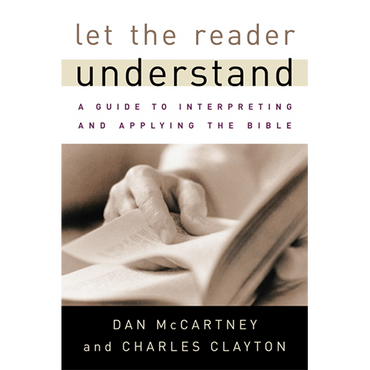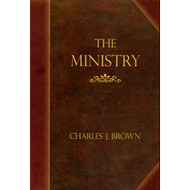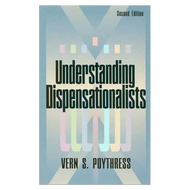Categories
Categories
Let the Reader Understand, Second Edition by Dan McCartney & Charles Clayton (Paperback)
Let the Reader Understand, Second Edition by Dan McCartney & Charles Clayton (Paperback)
Product Description
About the Author
Charles Clayton (MAR, Westminster Theological Seminary) is a leadership consultant in the UK and has been executive director of organizations in the UK and Middle East.
Publisher's Description
After laying the necessary foundation, Let the Reader Understand provides examples of how, and how not, to interpret Scripture. It suggests ways to understand the Bible's various literary genres: theological history, law, poetry, prophecy, parables, epistles, and apocalyptic. And it demonstrates how to apply Scripture to worship, witness, and guidance. This new edition discusses trends and movements influencing biblical interpretation during the last ten years. The first edition was published by Victor Books in 1994.
Endorsement
He starts out with a story about a college ministry that had a couple of students who were sleeping together (unmarried). When the campus minister approaches them with scripture verses that condemn their behavior, their response was "that's your interpretation"....hoping this stuns his readers (I'm not sure it stuns as many today as it would have 10 years ago)...he goes on to establish his premise that the bible is not a book with things for us to draw out of it whatever we feel is good for us....but rather a book that actually teaches certain things which comprise truth. From there he logically expands to cover a wide array of topics sequencing through the various issues of what Bible Scholars call 'Hermeneutics'. Biblical Hermeneutics is the art of interpreting scripture correctly.
I find his writing style to be inviting, concise, to the point and well organized. It's a really good book...on a subject that is not as easy to write about as it may first appear.
This book is a good primer for lay leaders as well as college students who are being introduced to the topic for the first time. We are using it to prepare our church leaders for an upcoming seminar on hermeneutics.
One of the things I like about this textbook is that it covers the history
of interpretation in a short period of time (pp 79-118), so the new student can come up to speed on what the history of interpretation has been in crucial time periods of Christianity. For example he focuses on Luther/Calvin hermeneutics and then modernity hermeneutics after that. He covers all the 'turning points' historically of hermeneutics. The quick overview is a really good primer for newbies in biblical hermeneutics.
For a busy pastor/bible teacher who has not had much or has forgotten their hermeneutics training...this book gives you a relatively easy read without sacrificing crucial elements. It will refresh you on the key elements of hermeneutics. If you are studying hermeneutics right now, and your course doesn't use this book, it is a good one to add for additional research or reading.
Five star...you really ought to add this one to your library.
 Loading... Please wait...
Loading... Please wait... 









